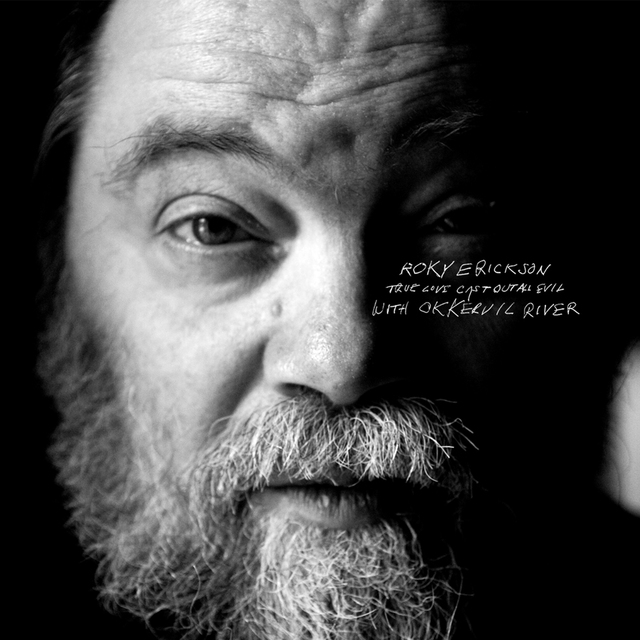Aural Fixation: We Did Miss You, Roky Erickson
Okkervil River Helps Pioneer Of Psychedelic Rock Tell His Stories


Latest Article|September 3, 2020|Free
::Making Grown Men Cry Since 1992

